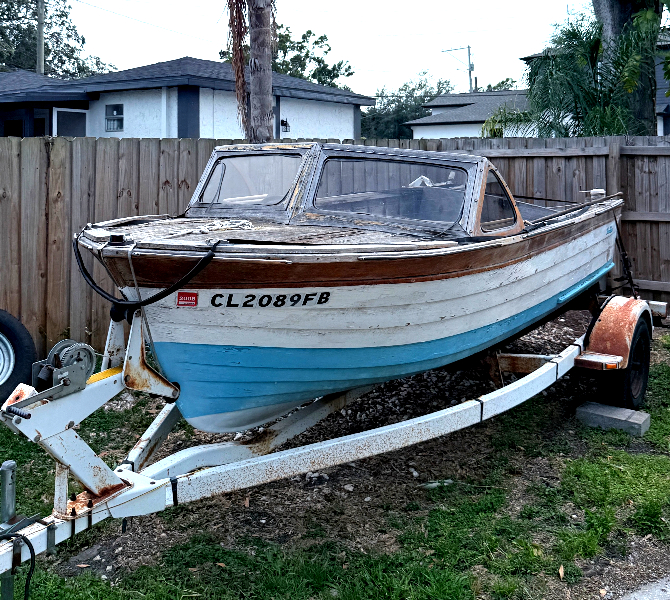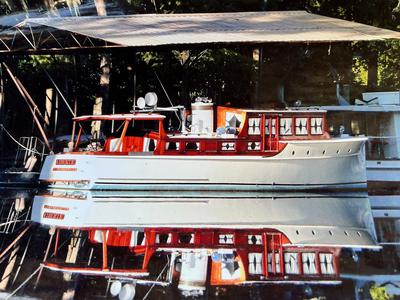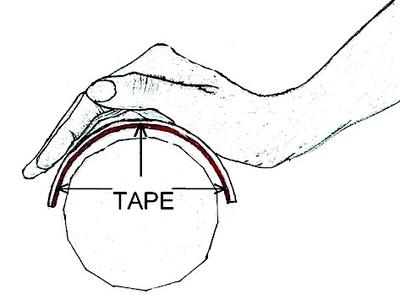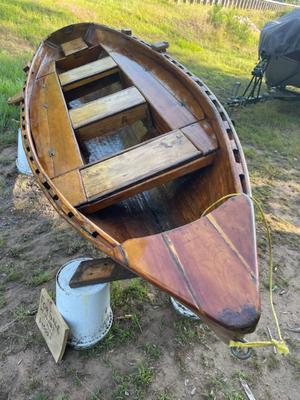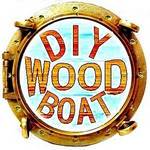- Home
- Your Boats
- This Page
You're wrong about red lights not preserving your night vision...
by D
(Philadelphia)
Red lights DO preserve your night vision, this is no gimmick. I'll break it down for you:
We humans have a duplex retina, meaning we have two different types of photoreceptors: rods and cones. Rods and cones have specific functions that when used together, give us our vision.
Rods contribute to the magnocellular pathway, which attributes to our night vision as well as other things, but I'll stay focused. We do not have any rods in our central vision (that is why it's hard to see a dim star lit in the sky when you stare straight at it, but can see it better if you look off to the side of it). Rods absorb short wavelength light, such as blue and violet. So if you use a blue instrumentation panel, you will bleach your rods which will decrease your night vision.
Our cones are part of the parvocellular pathway and contribute to our color vision and acuity, but NOT NIGHT VISION. Our cones are sensitive to longer wavelengths of lights, such as red.
Colors are made up of differing wavelengths of light. Our cones see light from about 570nm to 700nm. Our rods view colors from 400nm-570nm. if you drop below the cone minimum, 570, we lose our color vision because our cones do not absorb light at these wavelengths. This is why when it's very dark outside or in a room, you can see someone but cannot tell what color something is.
If you move above 570nm, our rods no longer absorb the wavelength and only our cones do. By not having our rods bleached with light, our rods are able to stay alert for things like motion and night vision.
And finally to make my point.
Red light has a wavelength of around 650nm. This wavelength is too long to be absorbed by rods, but it will be absorbed by cones. So since your rods are not bleached, you HAVE BETTER NIGHT VISION. And because your cones are absorbing the red light, you can read the instrumentation panel!
We don't mind bleaching our cones because it only take 1.5mins for them to dark adapt. It takes our rods 40mins to dark adapt, so we don't want to bleach those.
"Bleaching" is that sudden brightness you get when you turn on the lights in a previously pitch dark room.
So there you have it! I hope I didn't put you too sleep with all of this, I just wanted you to have the correct information.
And you are not totally wrong in saying the intensity of the light contributes to night vision, but it's a fact that a dim red instrument panel will preserve your night vision better that a dim ______(insert any other color here)
And I know of of this because I'm in school to become an eye doctor :-D
Comments for You're wrong about red lights not preserving your night vision...
|
||
|
||
|
||
|
||
|
|
||
|
||
Want to add more photos?
Photo Uploader
If you are having problems uploading Photos or would like to add more click on this link for the Upload Form.

